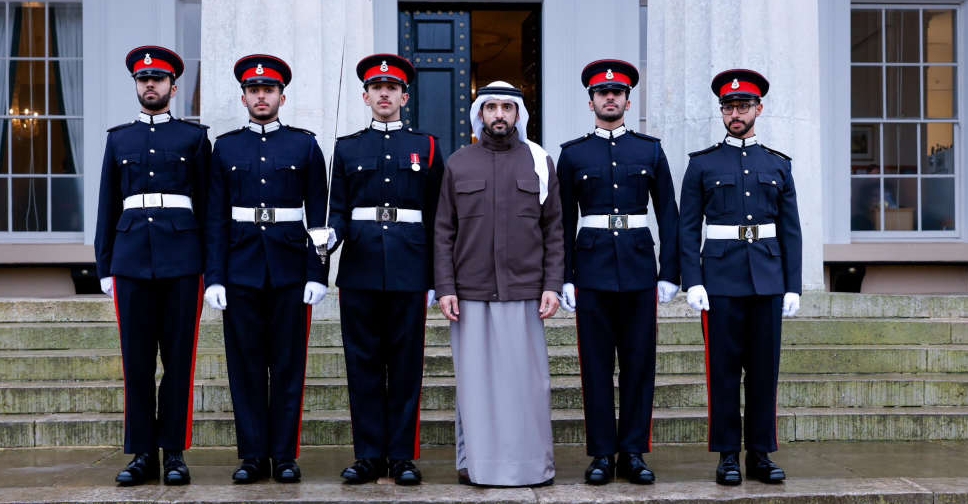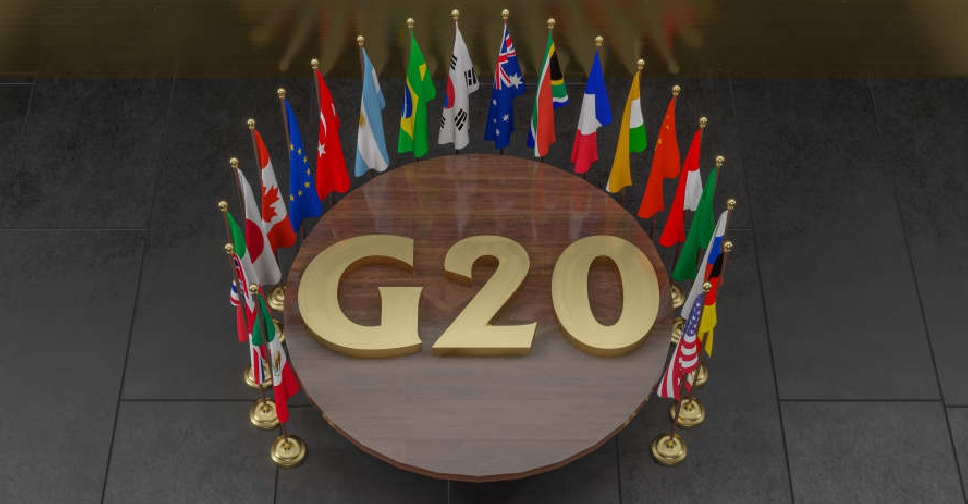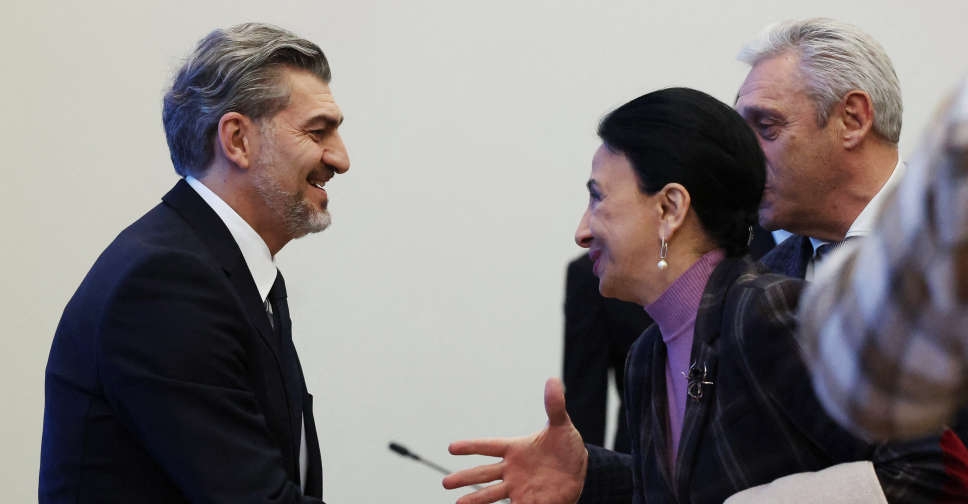
Georgian lawmakers elected Mikheil Kavelashvili, a hardline critic of the West, as the country’s new president on Saturday, setting him up to replace a pro-Western incumbent amid major protests against the government over a halt to the country’s European Union accession talks last month.
The ruling Georgian Dream party’s move to freeze the EU accession process until 2028, abruptly halting a long-standing national goal that is written into the country’s constitution, has provoked widespread anger in Georgia, where opinion polls show that seeking EU membership is overwhelmingly popular.
Kavelashvili, a former professional soccer player, has strongly anti-Western, often conspiratorial views. In public speeches this year, he has repeatedly alleged that Western intelligence agencies are seeking to drive Georgia into war with Russia.
Georgian presidents are picked by a college of electors composed of MPs and representatives of local government. Of 225 electors present, 224 voted for Kavelashvili, who was the only candidate nominated.
All opposition parties have boycotted parliament since an October election in which official results gave the ruling Georgian Dream party almost 54% of the vote, but which the opposition say was fraudulent.
Hundreds of protesters gathered in light snowfall outside parliament ahead of the presidential vote. Some played soccer in the street outside and waved red cards at the parliament building, a mocking reference to Kavelashvili’s athletic career.
Kavelashvili was nominated for the mostly ceremonial presidency last month by Bidzina Ivanishvili, a billionaire ex-prime minister who is widely seen as the country’s paramount leader.
Kavelashvili is a leader of People’s Power, an anti-Western splinter group of the ruling party, and was a co-author of a law on “foreign agents” that requires organisations receiving more than 20% of their funding from overseas to register as agents of foreign influence, and imposes heavy fines for violations.
Outgoing President Salome Zourabichvili, a pro-EU critic of the ruling Georgian Dream party, has positioned herself as a leader of the protest movement and has said she will remain president after her term ends. She considers parliament illegitimate as a result of alleged fraud in the October election.
Opposition parties have said they will continue to regard Zourabichvili as the legitimate president, even after Kavelashvili is inaugurated on Dec. 29.
Georgia has been seen for decades as one of the most pro-Western and democratic of the Soviet Union’s successor states, but relations with the West have soured this year, with Georgian Dream forcing through laws on foreign agents and LGBT rights that critics say are Russian-inspired and draconian.
Western countries have raised the alarm at Georgia’s apparent foreign policy pivot and authoritarian drift, with the EU threatening sanctions over a crackdown on protests. In a video address to Georgians published on Friday, French President Emmanuel Macron said: “Georgia’s European dream must not be extinguished”.
Since the outbreak of the war in Ukraine, Georgian Dream has moved to improve ties with Russia, which ruled Georgia for 200 years until 1991, continues to back two breakaway Georgian regions, and defeated Georgia in a five-day war in 2008.
Tens of thousands of protesters have rallied outside parliament nightly for more than two weeks. Some have hurled fireworks at police, who have used water cannon, tear gas and ballot attacks to break up demonstrations.
The government has repeatedly said the protests represent an attempt to stage a pro-EU revolution and a violent seizure of power.
Police have detained hundreds of protesters. Georgia's interior ministry has said that more than 150 officers have been injured during the protests.
On Friday, parliament approved sweeping new restrictions on protests, hiking fines for participants and organisers, and banning from gatherings face coverings, fireworks and lasers used to dazzle police officers.
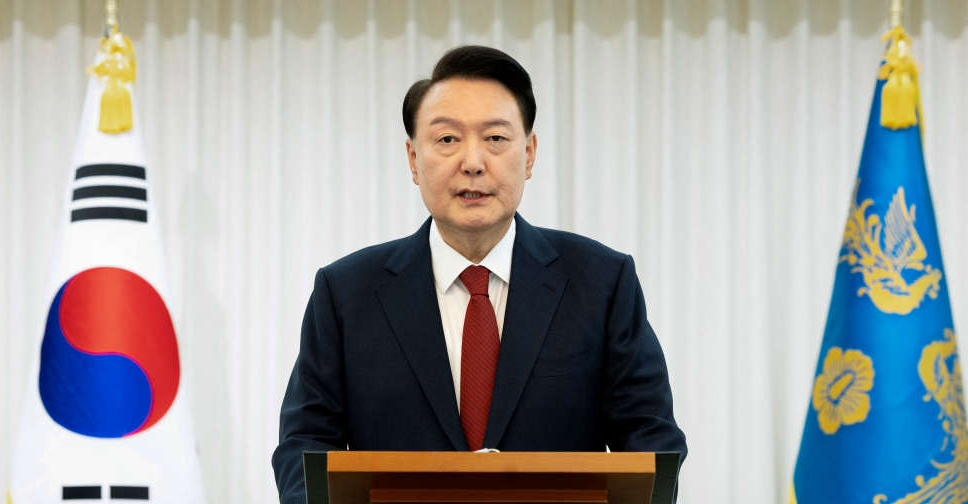 Korea MPs vote to impeach president over martial law
Korea MPs vote to impeach president over martial law
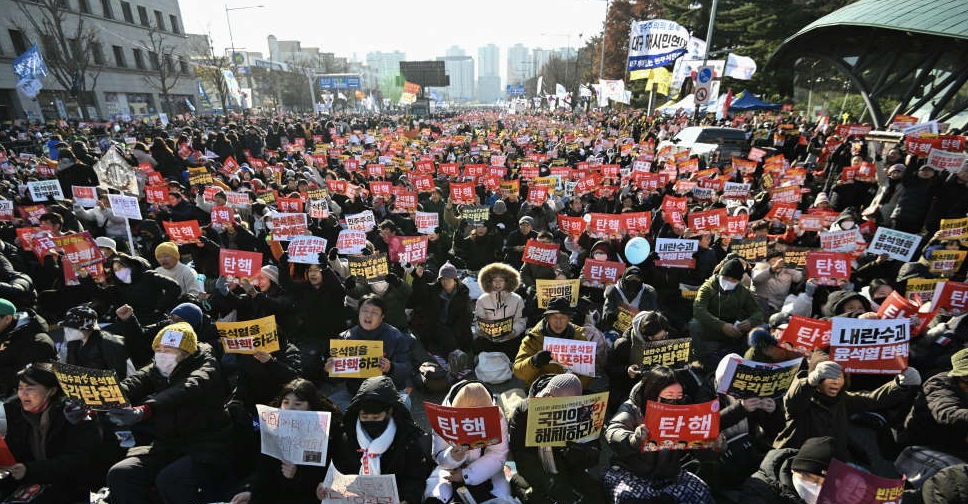 South Korea's Yoon faces second impeachment vote
South Korea's Yoon faces second impeachment vote
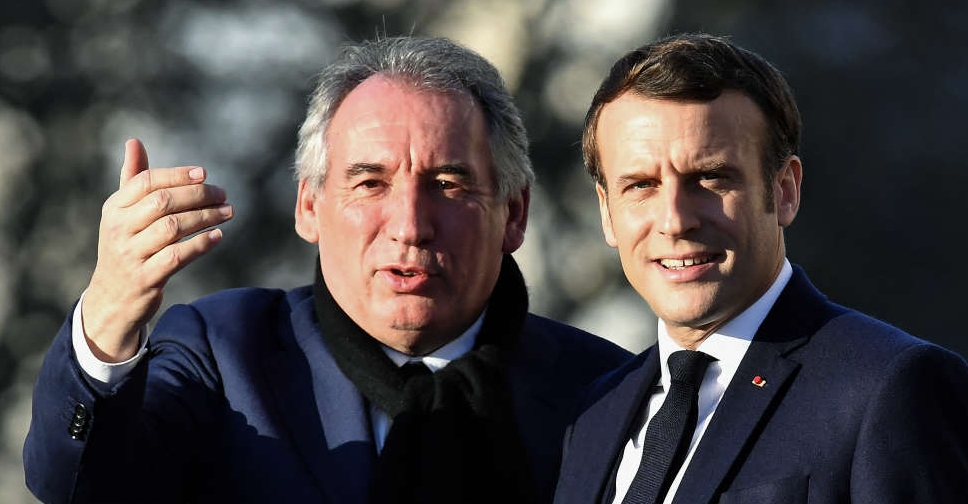 Macron appoints new Prime Minister amid political crisis
Macron appoints new Prime Minister amid political crisis
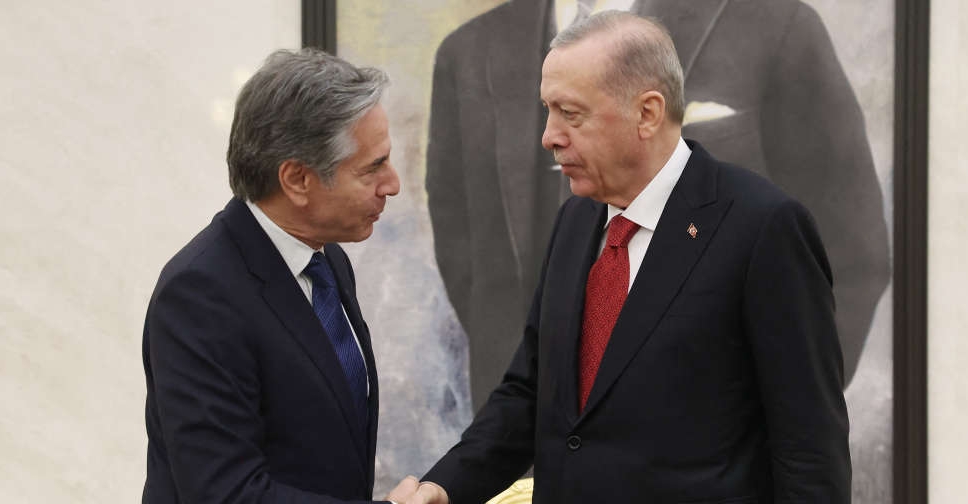 Blinken meets Erdogan over clashes in Syria
Blinken meets Erdogan over clashes in Syria
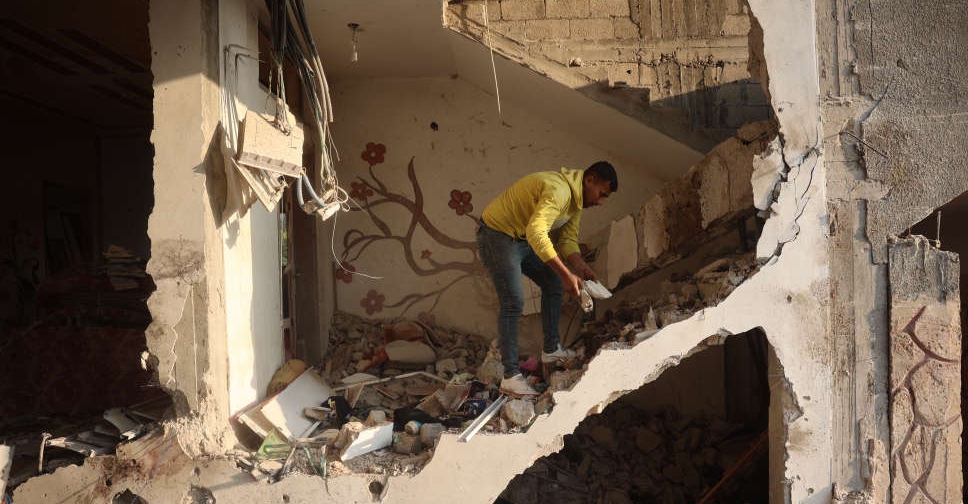 Israel kills at least 66 Palestinians in Gaza
Israel kills at least 66 Palestinians in Gaza


